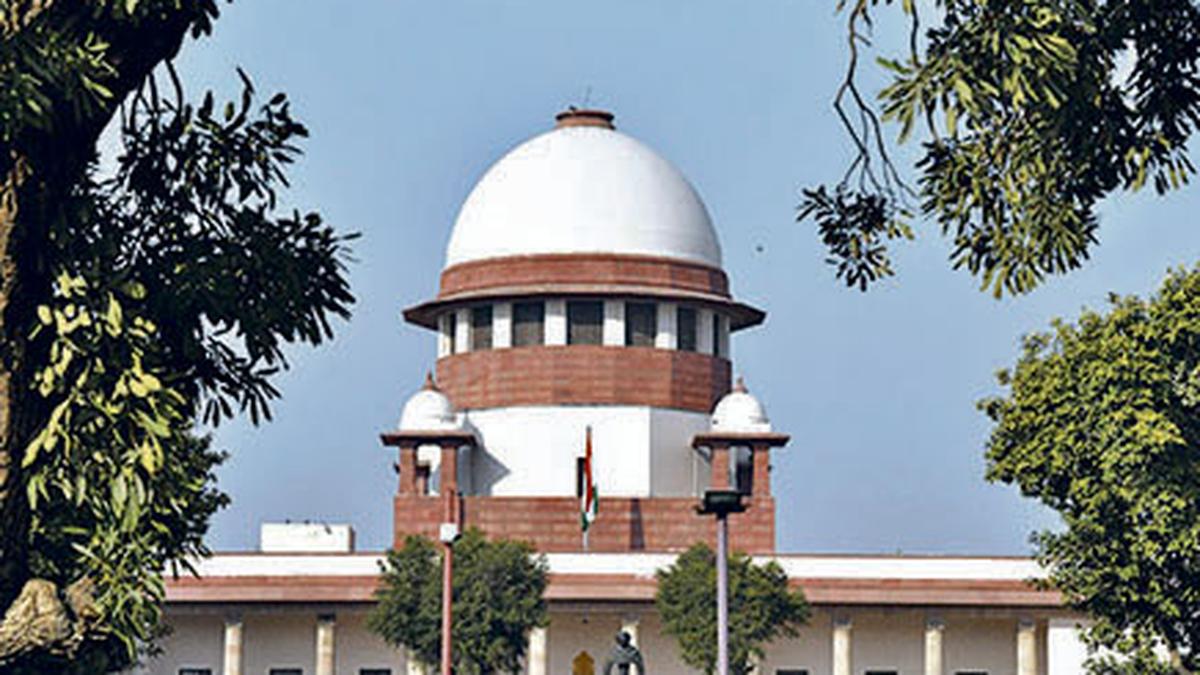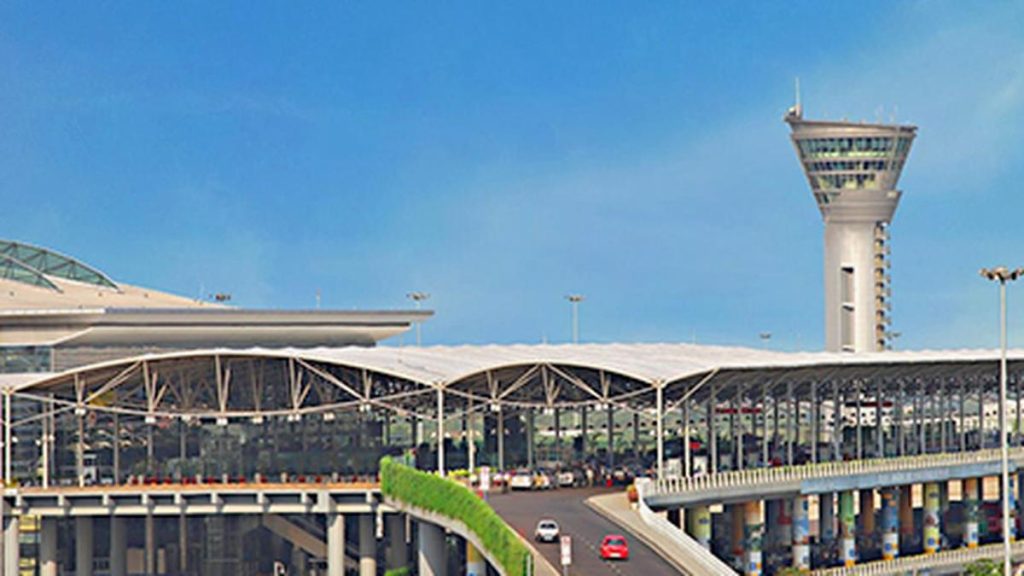Now Reading: Supreme Court Questions Justice Varma’s Consent to In-House Inquiry Against Constitution
-
01
Supreme Court Questions Justice Varma’s Consent to In-House Inquiry Against Constitution
Supreme Court Questions Justice Varma’s Consent to In-House Inquiry Against Constitution

Swift Summary
- The Supreme Court is hearing a petition by Justice Yashwant Varma against an in-house inquiry report linked to the discovery of burned cash at his official residence.
- A bench comprising Justices Dipankar Datta and A.G. Masih raised questions about Justice Varma submitting to an inquiry process he later deemed “contrary to the Constitutional scheme.”
- Senior advocate Kapil Sibal criticized the release of sensitive evidence, alleging it “convicted” Justice Varma in public perception and violated Article 121 of the Constitution, which bars discussions on judges without proven misconduct.
- Mr. Sibal argued that no evidence established the cash belonged to or implicated Justice Varma,challenging recommendations for his removal under Article 124(4) of the Constitution.
- Allegations over judicial conduct reportedly sparked political overtones during proceedings.
- Chief Justice Sanjiv KhannaS decision to forward findings for potential removal was labeled “illegal” by Mr. Sibal but defended as constitutional process by Justice Datta.
- The case has been adjourned until July 30, with instructions for Mr. Sibal to submit the inquiry committee’s report.
Indian Opinion Analysis
The case involving allegations against High Court judge Yashwant Varma underscores broader concerns over transparency and accountability within India’s judiciary while navigating constitutional safeguards protecting sitting judges from undue public scrutiny. Burned currency discovered at a judge’s premises raises significant moral and ethical questions regarding judicial conduct but requires concrete evidence before any action can be taken-critical given its implications on institutional trust.
Additionally, debates around procedural integrity (e.g., inquiries under Article 121/124 versus in-house mechanisms) highlight tensions between upholding due process and maintaining public confidence in India’s legal system amidst political pressures. If improperly handled, such events risk politicization of key constitutional offices and erosion of democratic principles underpinning judicial independence-a cornerstone for governance stability.
The Supreme Court’s intervention reflects its critical gatekeeping role ensuring adherence to legal frameworks while balancing accountability with fairness-a test that will be closely watched leading up to continued hearings.
For further details: Read More

























